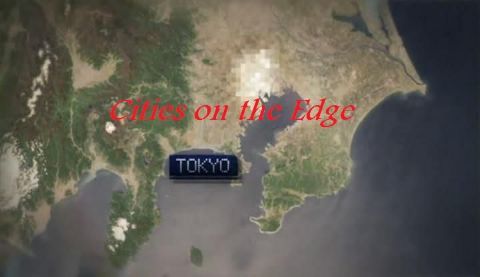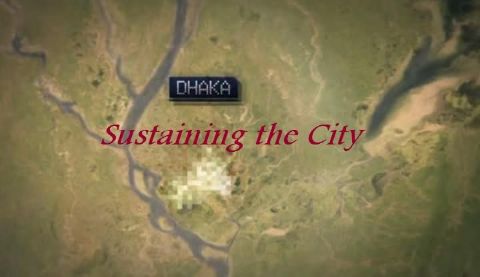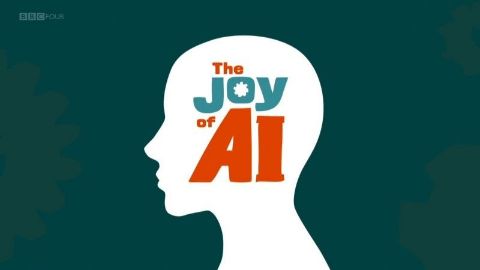Sustaining the City • 2011 • episode "S1E3" • Andrew Marr's Megacities
Like human arteries, motorways, roads and train-lines are the lifeblood of any healthy megacity. Whether smoothly flowing or clogged, a city's transport routes affect its inhabitants' quality of life. Andrew Marr finds out how the monstrous megacities stay fed. He also finds out just how hard it is to ride a rickshaw taxi in Dhaka, and discovers how the London tube, once the most ground-breaking transport system in the world, has been usurped by modern transport like Shanghai's 400km/hour magnetic railway. Andrew joins Mexico City's traffic cops in the air, then finds out who is in charge of unblocking Mexico's most filthy canals. He looks into Dhaka's waste management problems, and sees what Britain's fast food obsession is doing to London's sewers.
Make a donation
Buy a brother a hot coffee? Or a cold beer?
Hope you're finding these documentaries fascinating and eye-opening. It's just me, working hard behind the scenes to bring you this enriching content.
Running and maintaining a website like this takes time and resources. That's why I'm reaching out to you. If you appreciate what I do and would like to support my efforts, would you consider "buying me a coffee"?
Donation addresses
BTC: bc1q8ldskxh4x9qnddhcrgcun8rtvddeldm2a07r2v
ETH: 0x5CCAAA1afc5c5D814129d99277dDb5A979672116
With your donation through , you can show your appreciation and help me keep this project going. Every contribution, no matter how small, makes a significant impact. It goes directly towards covering server costs.








